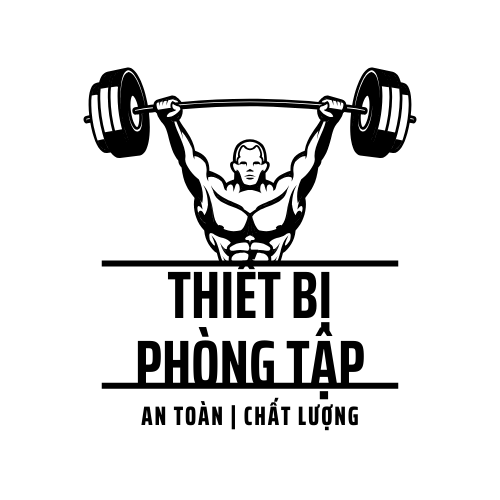# The Ultimate Beginner Guide to SEO Indexing
Having your pages indexed is essential if you want to rank in search results. If your pages aren’t indexed, they might as well not exist. This article, we’ll cover everything from the basics to advanced techniques to guarantee your site is indexed properly.
Whether you’re a content creator, knowing how indexing functions is the first step to attracting traffic. Read on to find out how to ensure your pages make it into the Google index.
# Start With: What Does Indexing Even Mean?
Put simply, indexing means your page can now be found by Google or Bing. If your page isn’t indexed, it won’t show up no matter how great the content is. Before a page can be indexed, it has to be crawled. After crawling, Google decides whether your page is worth adding to its index.
# Confirming Google Indexing Status
Use the site: operator in Google to see if your page is indexed. If the page appears in the results, it’s indexed. Google Search Console provides direct indexing status. Just paste your URL into the inspection tool.
# Blocked From Google? Here’s Why
There are many reasons a page might not be indexed:
- Noindex meta tag blocks indexing
- Robots exclusion could be preventing access
- The page lacks internal links
- Low-quality or copied content may be skipped
- New URLs often need patience
# Speed Up the Indexing Process
Get your pages noticed fast with these actions:
- Manually submit the URL for indexing
- Build internal links to the new page
- Distribute links to encourage crawling
- Sitemaps help bots discover new content
- Ensure your meta tags and robots.txt are clean
# Automation for Index Tracking
You don’t have to do this manually:
- Primary tool for URL inspection and index coverage
- Perfect for large-scale SEO scans
- Ahrefs or SEMrush: To track index status and backlinks
- Indexation reports in Rank Math or Yoast SEO plugins
# Next-Level SEO Indexing Hacks
Once you’ve covered the basics, these advanced tips can help:
- Rich snippets can help indexing and rankings
- Consolidate thin content or redirect it
- If you have thousands of pages, crawl efficiency matters
- Fix soft 404 errors and canonical mismatches
- Segment your sitemap by content type
# Pages Better Left Out of Google
Not every page needs indexing:
- Admin or login pages
- Thank you pages and redirects
- Duplicate or filtered category pages
- Temporary builds shouldn’t be public
Keep critical content open while hiding the rest.
# Wrap-Up: SEO Indexing Matters
Think of indexing as the entry ticket to search traffic. Focus on both technical accessibility and content value. Use tools, monitor your site, and stay proactive.
Still stuck? Drop your URL into Google Search Console and start there.
Read more: stck.me
